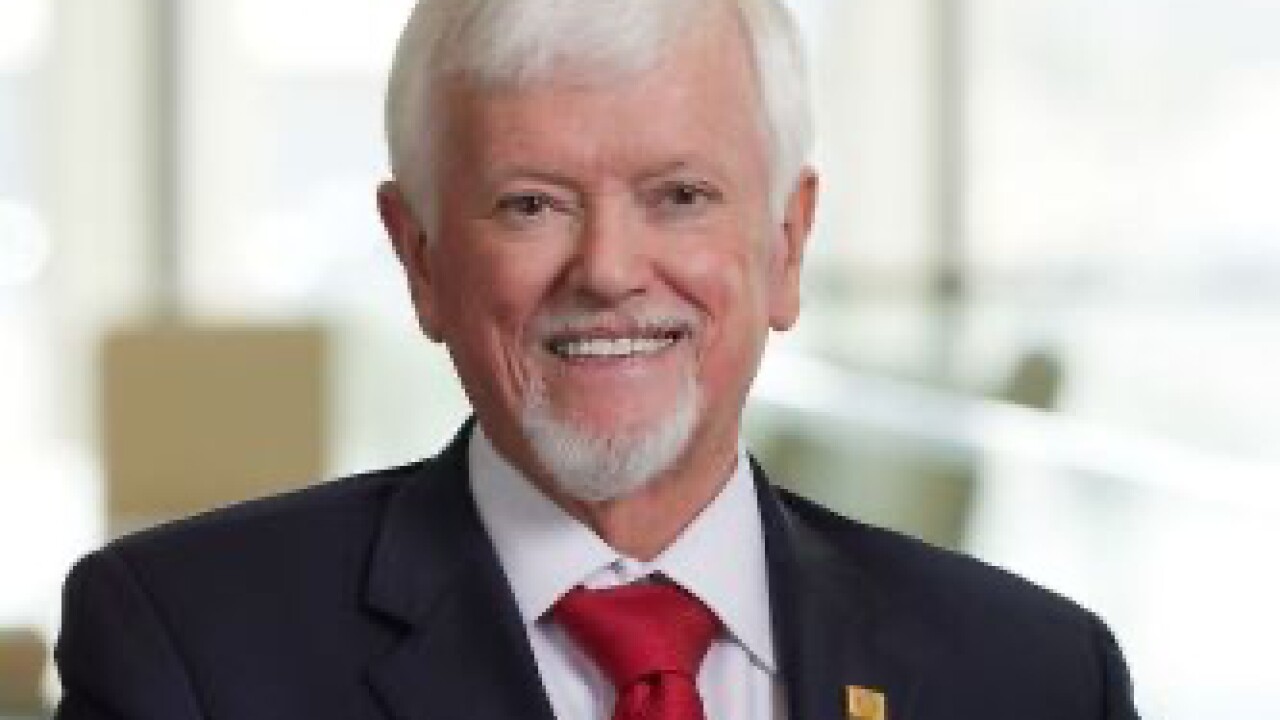-
Target Corp. has revamped its rewards program in an effort to steer more transactions to its private-label store cards.
June 4 -
Pay with Rewards, announced Monday, allows cardholders to convert points into cash credits that can be applied when they make purchases at almost any merchant.
May 3 -
On one side is the transparency approach: Make it easy for customers to rack up and redeem rewards. The other strategy could be described as careful economics: The issuer pays out the most rewards to customers who not only spend big but also want the perks badly enough to jump through hoops to get them.
March 24
Issuers are fine-tuning their rewards strategies, using carrots that can encourage fiscal responsibility and help them weed out less-desirable accounts.
While traditional rewards programs based on purchases are not going away, observers say that offering points and other perks based on cardholders' behavior is a low-cost way to find the best customers, and will appeal to consumers who are trying to cut down on their spending.
Plus, with delinquencies and chargeoffs at near-record highs, bankers say that rewards, such as lower interest rates, for simply paying bills on time can help boost the bottom line.
"Rewards are not just going to be for spend, which they've traditionally been," said Ted Landis, a senior executive in the financial services practice at the consulting firm Accenture. "They're going to be leveraged against payment history, how much payment you put on principal, your adoption of additional products and then just your payments performance over a period of time."
Some issuers already offer cards that incentivize responsible behavior from cardholders.
Citigroup Inc. in March 2009 debuted its Citi Forward Visa credit card that lets users cut their annual percentage rate by 0.25% if they make a purchase, pay at least their minimum amount due on time and stay under their credit limit for three consecutive months. The APR reduction is capped at 2% and cardholders also earn 100 ThankYou points, Citi's rewards currency, every month they pay on time and stay under their credit limit.
Capital One Financial Corp. the same month began offering its MTV Visa credit card aimed at young professionals. Cardholders earn standard rewards for spending, plus 25 bonus points for making at least a minimum payment on time.
And Discover Financial Services began issuing its Motiva card in 2007 that lets cardholders receive a refund of their following month's interest each time they pay at least their minimum amount due for six consecutive billing cycles.
"We find that the card continues to be a popular choice for those who are really looking to be rewarded for good credit management," said Dana Traci, the vice president of rewards and product management at Discover.
The Riverwoods, Ill., issuer developed the card in response to what it saw was a consumer segment that carried a balance and "maybe felt less appreciated by credit card companies" whose current rewards "focus on those that spend a lot on their credit cards, therefore not really meeting their needs," Traci said.
Such card features are not widespread at the moment but more issuers are likely to follow suit, analysts said. They also expect issuers will try to segment their loyalty programs by rewarding participants based on their desirability as customers.
Historically, rewards programs had "limited differentiation" in terms of how cardholders earned benefits, Landis said. "Every dollar was equal regardless of how you spent."
But now, issuers are "looking more closely at who's spending it and how they're spending it, and creating a rewards structure that aligns with those things."
For instance, issuers could offer better rewards or an accelerated points structure to customers whose accounts are in good standing.
Such a strategy is "one way of weeding out and focusing on the better customer" while trying to promote "good financial behavior," said Beth Robertson, the director of payments research at Javelin Strategy and Research in Pleasanton, Calif.
It also aligns with a frugality that many consumers have adopted in response to the financial crisis, said Bill McCracken, the chief executive of the payments research firm Synergistics Research Corp. in Atlanta. "A program such as the Discover program, which encourages paying on time, or other card programs which give you back a rebate of cash or possibly assist you in increasing your savings … all fall under the umbrella of consumers want to be more fiscally responsible," McCracken said.
"Credit products that appeal to a sense of, 'Let's be more financially responsible,' are going to resonate much more strongly than 'Spend and increase your credit to live a more luxurious lifestyle.' "
Citi created the Forward card based partly on consumer feedback showing cardholders wanted to be rewarded "for good financial behavior," said Anthony Merola, the senior vice president of Citi Cards. Merola would not say how many Citi Forward cards have been issued, or how many cardholders have qualified for the APR reductions, but said the numbers are in line with the company's expectations.
"The response that we've gotten so far both in terms of the number of accounts, the engagement of those accounts with the product as well as some of the recognition that we've received, makes us very happy with the response," Merola said.
Citi does not offer the APR reduction capability on other cards but does offer the ability to earn more ThankYou points for paying on time and remaining under the set credit limit with its mtvU Platinum Select Visa Card, which it aims at college students.
Landis said Citi, Discover and Capital One are among the "first movers" to use rewards as a carrot for desirable financial behavior, but "others are quickly coming behind that." Landis said some issuers, whom he declined to name, are developing rewards programs that would encourage cardholders to apply for additional financial products, such as mortgages or car loans. He also expects more issuers to allow their cardholders to apply their rewards toward other debts.
For example, Citi allows its Thank-You members to use points to make payments on mortgages with any lender.
However, some experts say offering rewards to people who need to be encouraged to pay their bills will not help banks identify their most valuable cardholders. "The major issuers seem to be focusing more on attracting higher-credit-quality customers rather than the ones who need to be attracted with incentives to keep their accounts current," Ben Woolsey, the director of marketing and consumer research for the card comparison website CreditCards.com, wrote in an e-mail.
"Standard rewards," such as cash back, points and airline miles, are still the way they are trying to win higher wallet share "with prime and super-prime consumers," he said.
Traci said customer demand for incentives and tools that help with money management is not a new phenomenon in the cards industry. "I do think that there's always a portion of the population who is focused on that," she said. "I think that's demonstrated by the fact that we launched (the Motiva) product" before the economic downturn.
Basing cardholder benefits on money management not only helps issuers target cardholders who pay on time, it also is a cheaper way for them to continue offering perks to cardholders, Landis said. Because of the Credit Card Accountability, Responsibility and Disclosure Act of 2009, which limits issuers' ability to raise interest rates and charge fees, banks "have less dollars to work with," he said.
"Educated consumers are our best customers," Pam Girardo, a Capital One spokeswoman, said via e-mail.





